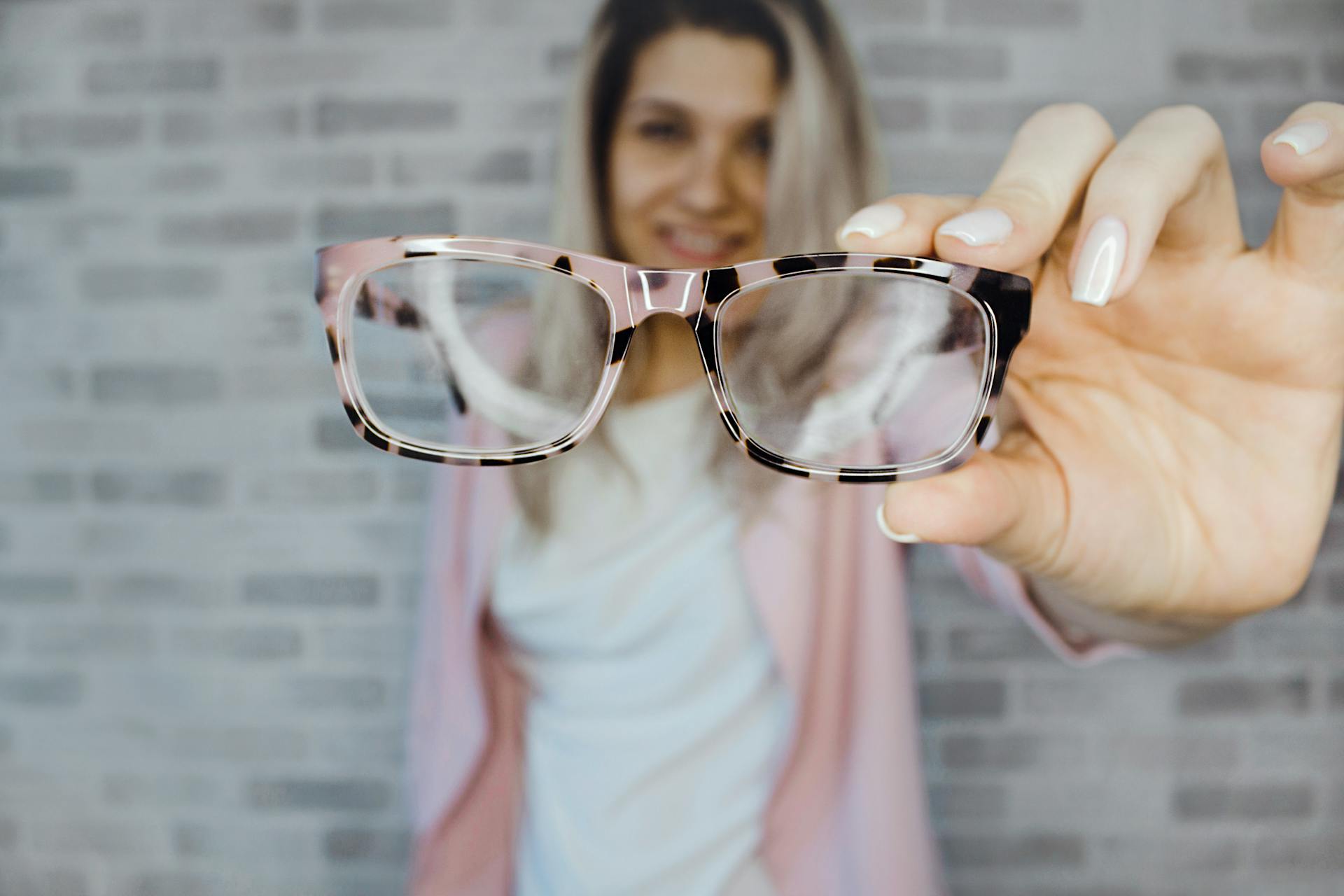
Discover essential tips to protect your eyes and maintain optimal eye health in the long run. Implement these simple strategies to safeguard your vision
In our fast-paced, screen-dominated world, eye health is often overlooked. Prolonged exposure to digital devices, ultraviolet rays, and environmental pollutants can take a toll on your vision. Fortunately, there are several easy and effective strategies to maintain and protect your eye health over time. In this blog, we’ll explore some practical tips that can help you preserve your eyesight and ensure that your vision remains sharp and clear for years to come.
Choosing the Right Eyewear
Selecting the appropriate eyewear is crucial for maintaining optimal eye health. If you spend long hours in front of a computer, consider investing in blue light-blocking glasses. These blue light glasses can help reduce eye strain and mitigate the harmful effects of prolonged exposure to blue light emitted by screens. For outdoor activities, make sure to wear sunglasses that offer 100% UV protection to shield your eyes from the harmful effects of ultraviolet rays.
It’s also essential to choose the right prescription glasses or contact lenses as per your optometrist’s recommendation to ensure clear vision without unnecessary strain. Additionally, suppose you’re involved in activities that pose a risk of eye injury, such as sports or certain types of work. In that case, protective eyewear is a must to safeguard your eyes from potential hazards.
Implementing the 20-20-20 Rule for Screen Time
One of the most effective ways to protect your eyes from the strain of prolonged screen exposure is by adopting the 20-20-20 rule. This simple yet highly beneficial practice involves taking a 20-second break every 20 minutes to look at something 20 feet away. By giving your eyes a chance to relax and refocus, you can significantly reduce the discomfort and fatigue associated with extended screen time. Make it a habit to set a timer or use an app designed to remind you to take these regular breaks. In the long run, adhering to the 20-20-20 rule can help maintain eye comfort and prevent issues such as digital eye strain, headaches, and blurred vision.
Maintaining a Balanced Diet for Eye Health
A balanced diet rich in essential nutrients can play a pivotal role in maintaining optimal eye health. Key vitamins and minerals, such as vitamins A, C, and E, along with zinc, can help prevent age-related vision problems like macular degeneration and cataracts. Vitamin A, found in foods like carrots, sweet potatoes, and dark leafy greens, is vital for good vision and a healthy retina. Vitamin C, abundant in citrus fruits, strawberries, and bell peppers, is crucial for protecting the eyes against oxidative damage. Vitamin E, present in nuts, seeds, and green leafy vegetables, helps safeguard eye cells from free radicals. Omega-3 fatty acids, commonly found in fish like salmon and tuna, are essential for maintaining healthy retinal function and overall eye development. By incorporating a variety of these nutrient-rich foods into your daily diet, you can effectively support your eye health and ensure long-lasting vision.
Creating an Eye-Friendly Work Environment
Designing an eye-friendly work environment is essential for reducing eye strain and promoting overall eye health, especially if you spend significant time working at a desk or on a computer. Start by optimizing your workspace lighting; ensure that your desk is well-lit with natural or artificial light that isn’t too harsh or creates glare on your screen. Position your computer screen at an arm’s length away, with the top of the screen at or just below eye level to maintain a natural head and neck position. Additionally, adjust the screen brightness and contrast settings to comfortable levels to minimize eye fatigue.
Investing in an ergonomic chair that supports good posture can also greatly impact your eye health, as maintaining proper posture helps prevent neck and eye strain. Incorporate breaks into your work routine—stand up, stretch, and walk around periodically to give your eyes a break and improve circulation. Implementing these changes can create a more comfortable and health-conscious workspace, ensuring that your eyes remain protected and your vision stays sharp throughout your workday.

Practicing Good Hygiene Habits to Prevent Infections
Maintaining good hygiene habits is crucial to preventing eye infections and ensuring overall eye health. Start by washing your hands thoroughly and regularly, especially before touching your eyes, handling contact lenses, or applying makeup. Bacteria and viruses can easily transfer from your hands to your eyes, leading to infections like conjunctivitis. When using contact lenses, follow the recommended guidelines for cleaning and storing them, and never share lenses with others. Dispose of disposable lenses as directed and replace your lens case regularly to avoid the buildup of bacteria.
Be cautious with eye makeup, ensuring that you replace products every 3-6 months to prevent the accumulation of bacteria. Avoid sharing makeup with others and remove all makeup before going to bed to reduce the risk of eye irritation and infections. For those prone to allergies, keeping your living space clean and free of dust and allergens can help minimize eye irritation and prevent infections.
Taking proactive measures to protect your eye health is crucial, and it doesn’t require drastic changes to your lifestyle. By incorporating these simple tips into your daily routine, you can effectively safeguard your vision in the long run and ensure that your eyes remain healthy and functional for years to come.
Was this news helpful?







 Yes, great stuff!
Yes, great stuff! I’m not sure
I’m not sure No, doesn’t relate
No, doesn’t relate



